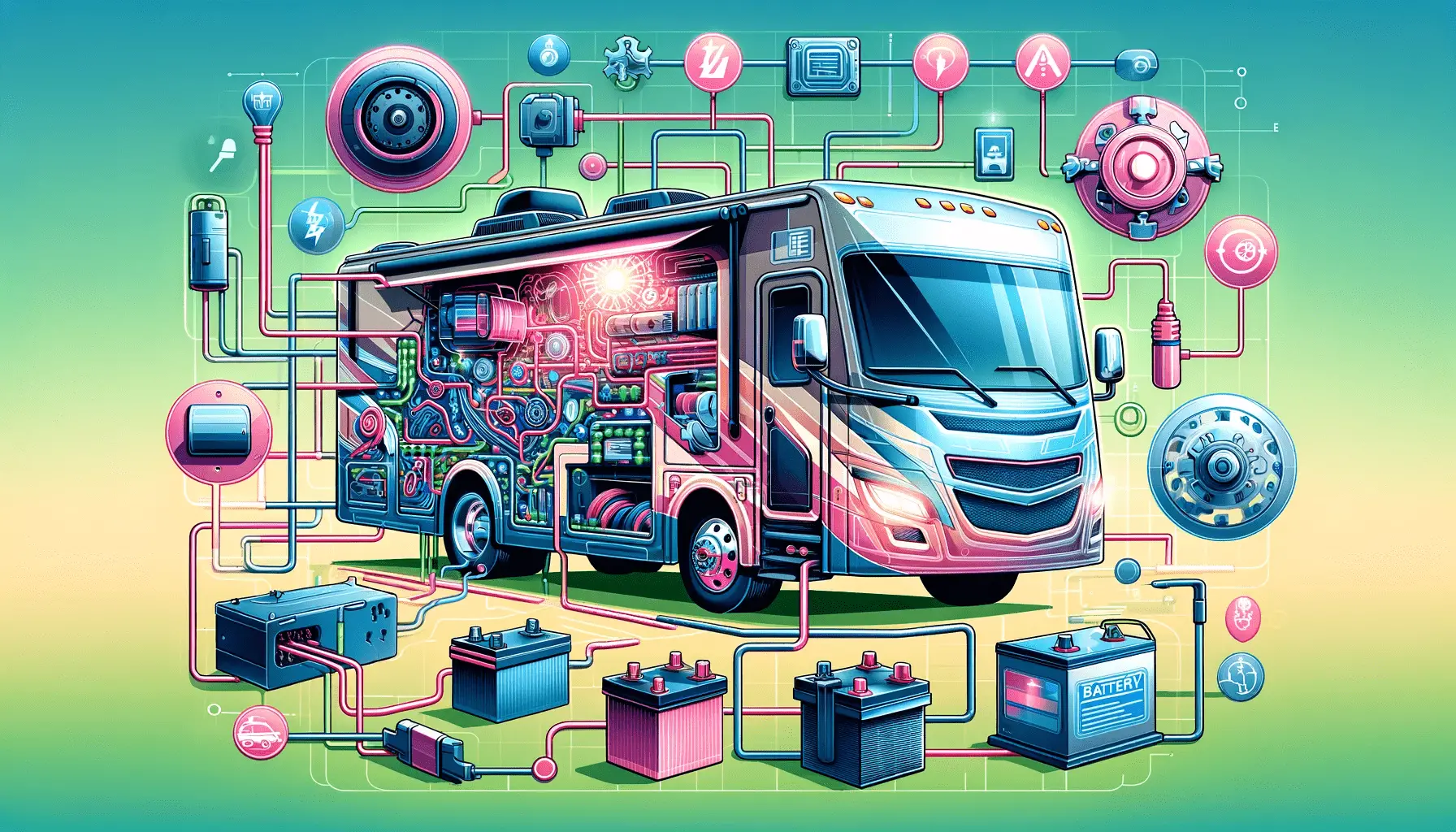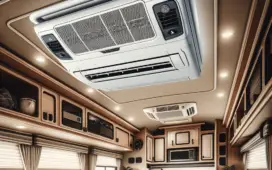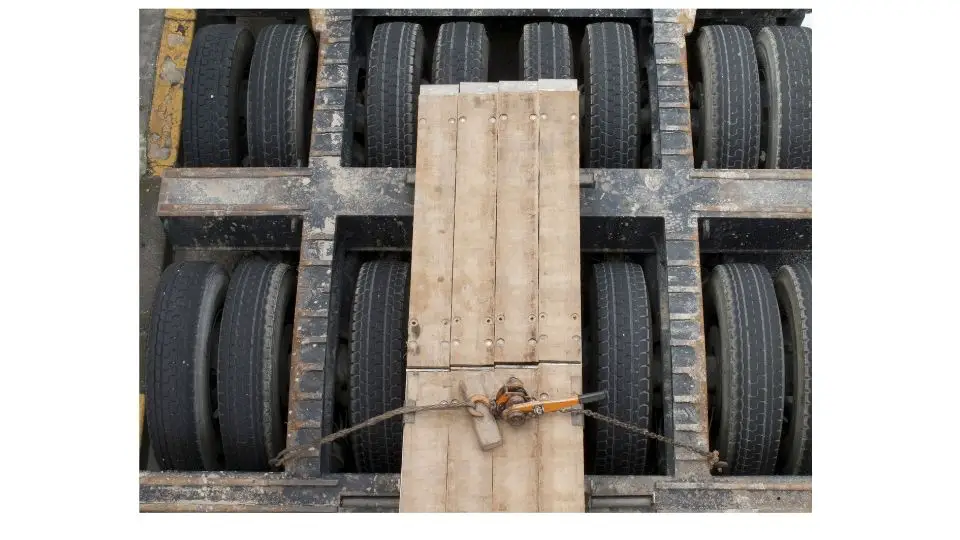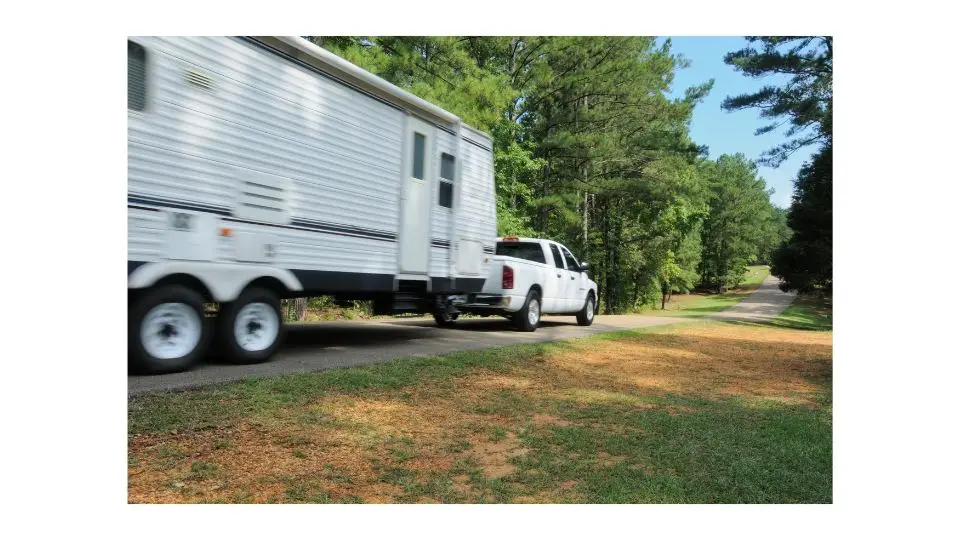Recreational vehicles (RVs) are an embodiment of freedom and adventure, offering the comforts of home on the open road. However, the reliability of an RV is largely dependent on its battery system.
When an RV’s battery fails to charge, it can turn a dream trip into a stressful situation. This comprehensive guide explores the reasons behind RV battery charging issues and provides practical solutions.
Common Causes of RV Battery Charging Issues
1. Overcharging and Undercharging
- Overcharging: Overcharging an RV battery can lead to overheating, damaging its internal components, leading to fluidic acid loss, and potentially causing acid to be expelled from the battery case.
- Undercharging: If not charged long enough, a battery can undergo sulfation, reducing its capacity and lifespan.
2. Battery Sulfation
Sulfation is a major cause of battery failure, occurring when batteries aren’t fully charged or are left in a discharged state for extended periods. This leads to the formation of lead sulfate crystals, diminishing the battery’s capacity and functionality.
3. Alternator Challenges
- Signs of a Failing Alternator: RV alternators play a crucial role in charging the battery. Symptoms of a failing alternator include warning lights on the dashboard, unusual noises, and electrical failures.
- Replacing or Repairing the Alternator: Knowing how to replace or repair the alternator can be vital for battery charging. A malfunctioning alternator can prevent the battery from charging adequately.
4. Converter Complications
- Common Issues: A malfunctioning converter, responsible for converting AC to DC power, can result in flickering RV lights or the converter overheating. This indicates that it’s not functioning correctly, affecting battery charging.
- Solutions: Repair or replacement of the converter can resolve these issues and enhance the RV’s performance.
5. Wiring and Connection Woes
- Identifying Issues: Visual inspection for damaged or frayed wires and electrical tests can help identify wiring problems. Loose or corroded connections can hinder efficient electricity flow, affecting battery charging.
- Solutions: Repairing or replacing frayed wires and tightening loose connections can rectify these problems.
6. Routine Maintenance and Prevention
- Importance of Regular Checks: Routine inspections of the battery and electrical system are essential. They help catch issues early before they escalate into major problems, ensuring seamless journeys.
- Preventative Measures: Regular cleaning and timely replacement of parts are vital for maintaining the battery’s health and performance.
7. Parasitic Loads and Self-Discharging
- Parasitic Loads: Small, continuous drains from devices like smoke detectors can significantly impact the battery’s ability to hold a charge over time.
- Self-Discharging: RV batteries naturally lose charge over time, and factors like lack of use or colder weather can accelerate this, leading to quicker power loss.
8. Appliance Usage and Power Draw
Heavy appliance usage in the RV, such as refrigerators or microwaves, can drain the battery quickly. Monitoring overall power draw and usage patterns is crucial for battery longevity.
Types of RV Batteries and Their Impact
- Lead-Acid Batteries: Common in RVs, they require regular maintenance, such as checking electrolyte levels, and typically last 3-5 years.
- Lithium-Ion Batteries: Offer advantages like lighter weight, less maintenance, and longer lifespan (5-10 years) but are more expensive.
- Gel Batteries: A subtype of lead-acid batteries, gel batteries use a gel electrolyte, making them more resistant to vibrations and temperature fluctuations.
Charging Techniques and Maintenance
- Proper Charging: Involves two stages – bulk charge and float charge. Overcharging and undercharging should be avoided.
- Maintaining Electrolyte Levels: Crucial for lead-acid batteries. Regular checks and replenishment with distilled water are necessary.
- Regular Inspections for Corrosion: Keeping battery terminals clean is vital for optimal performance.
Troubleshooting RV Battery Issues
- Converter Issues: Check for signs of a faulty RV converter charger, such as blown fuses or bad connections.
- Wiring and Connections: Inspect for loose or corroded connections, which can affect charging and overall performance.
- Battery Terminals: Regularly clean to prevent corrosion and ensure efficient charging.
- Battery Age and Type: Older batteries might suffer from diminished capacity and efficiency.
Practical Solutions
- Replace the Battery: If the battery is beyond repair, consider replacing it with a suitable type based on your needs.
- Fix the Converter: A faulty converter can be repaired or replaced to restore the charging system’s functionality.
- Regular Maintenance: Proper maintenance, especially for lead-acid batteries, is crucial to prevent many battery issues.
Additional Considerations
- Solar Panel Systems: Solar panels can help keep the battery charged, especially during off-grid travels.
- Shore Power: Utilizing shore power connections can prevent battery overuse and maintain its charge.
- Battery Tenders and Trickle Chargers: Useful for maintaining charge during storage or long periods of non-use.
Conclusion
The key to a hassle-free RV experience is a well-maintained and correctly charged battery. Understanding the type of battery in your RV, regular monitoring, and addressing issues promptly can extend the battery’s life and ensure a smooth journey. Remember, the battery system is the lifeblood of your RV, and its proper care is not just beneficial but essential for your adventures on the road.







